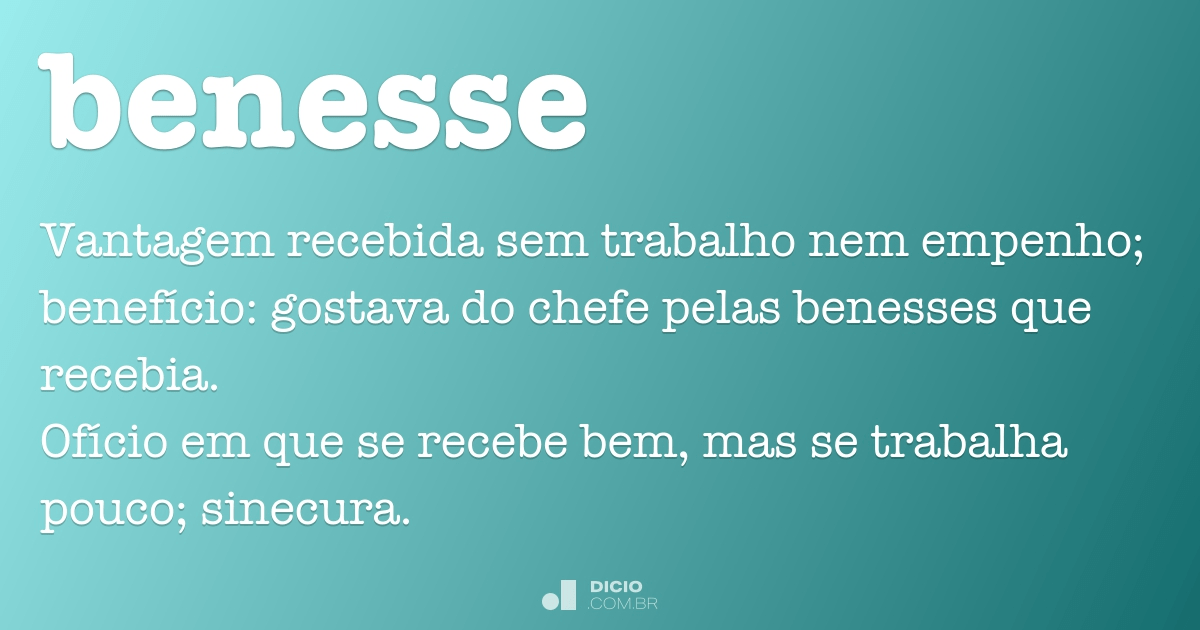

One, make sure all other windows and programs are closed and that the background on your device is neutral and appropriate. Again, there may be strategy to this method, but be mindful of a few things. The “Share Content” Zoom Conference feature supports the process and will allow an attorney to pull up a document on his or her computer while all involved in the deposition are viewing the attorney’s visual screen. Should the attorney strategically choose to mark and present a document to a deponent in real time, it will work whether done by the attorney or with the assistance of the assigned technician. Looking first at the communication in advance with the court reporter, it is essential that staff provide the caption, the names and contact information for those who will be appearing as well as any documents/exhibits intended to be marked and utilized. Below please find a practice guide to proceeding with video teleconference depositions. This same technology is being utilized for arbitrations, mediations and other meetings and proceedings. So long as attorneys and witnesses have internet access and a device (smart phone, tablet, laptop or PC) with a camera, a deposition can proceed in a virtual video teleconference room while each of us is in a different location.
De bene esse deposition trial#
While you may have certain cases and witnesses requiring in-person testimony, COVID-19 challenges need not disturb the majority of fact depositions and the taking of de bene esse trial testimony. Hubert, Esq., of Szaferman Lakind, and Mark Renzi of Renzi Legal Resources If the deponent does not answer a question, the examining party shall have the right to complete the remainder of the deposition.Īn attorney shall not interrupt the deposition for the purpose of communicating with the deponent unless all parties consent or the communication is made for the purpose of determining whether the question should not be answered on the grounds set forth in section 221.2 of these rules and, in such event, the reason for the communication shall be stated for the record succinctly and clearly.By: Craig J. Any refusal to answer or direction not to answer shall be accompanied by a succinct and clear statement of the basis therefor.

An attorney shall not direct a deponent not to answer except as provided in CPLR Rule 3115 or this subdivision. Except to the extent permitted by CPLR Rule 3115 or by this rule, during the course of the examination persons in attendance shall not make statements or comments that interfere with the questioning.Ī deponent shall answer all questions at a deposition, except (i) to preserve a privilege or right of confidentiality, (ii) to enforce a limitation set forth in an order of a court, or (iii) when the question is plainly improper and would, if answered, cause significant prejudice to any person. Every objection raised during a deposition shall be stated succinctly and framed so as not to suggest an answer to the deponent and, at the request of the questioning attorney, shall include a clear statement as to any defect in form or other basis of error or irregularity. All objections made at a deposition shall be noted by the officer before whom the deposition is taken, and the answer shall be given and the deposition shall proceed subject to the objections and to the right of a person to apply for appropriate relief pursuant to Article 31 of the CPLR. No objections shall be made at a deposition except those which, pursuant to subdivision (b), (c) or (d) of Rule 3115 of the Civil Practice Law and Rules, would be waived if not interposed, and except in compliance with subdivision (e) of such rule. 221.2 Refusal to answer when objection is made


 0 kommentar(er)
0 kommentar(er)
